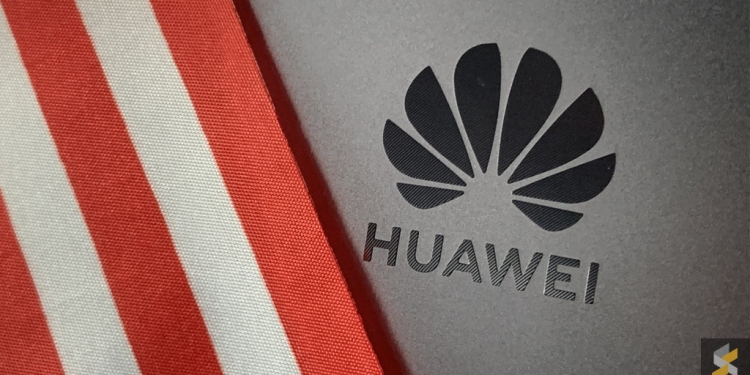The US government has given Huawei yet another 90-day extension which will allow American companies to sell certain products to Huawei. This is the third extension granted since the US has placed Huawei and its other affiliated companies into an Entity List, which restricts US suppliers from selling components to them without approval.
The previous 90-day extension which was granted on mid-August 2019 has expired yesterday. The new extension will allow certain telcos in remote areas in the US that are dependent on Huawei equipment to continue serving their customers. US Commerce Secretary Wilbur Ross said, “The department will continue to rigorously monitor sensitive technology exports to ensure that their innovations are not harnessed by those who threaten our national security”.
According to SCMP’s report, the original plan was to extend the reprieve for 6 months, but it was then shortened to just two weeks before settling on a 90-day period. According to Paul Triolo, the head of geotechnology at Eurasia Group consultancy, the process illustrates the chaotic nature of US policy on Huawei and it becomes somewhat a political football in the Trump administration.
In a statement issued to SCMP, Huawei said that the decision won’t have a substantial impact on Huawei’s business either way and it does not change the fact that Huawei continues to be treated unfairly. The restrictions on Huawei is reported to have cost US suppliers billions of dollars in revenue. The top 19 suppliers have a gotten a combined USD 14.2 billion in revenue from the Chinese telecommunications company for last year alone.
Although there is an extension until mid-February 2020, Huawei is still not entirely free to do business with US companies. For example, Google no longer certifies brand new Huawei smartphones which restricts access to Google Mobile Services. The Huawei Mate 30 is the first smartphone series to be shipped globally without Google apps and services, and it uses Huawei Mobile Services as a substitute.
[ SOURCE ]








